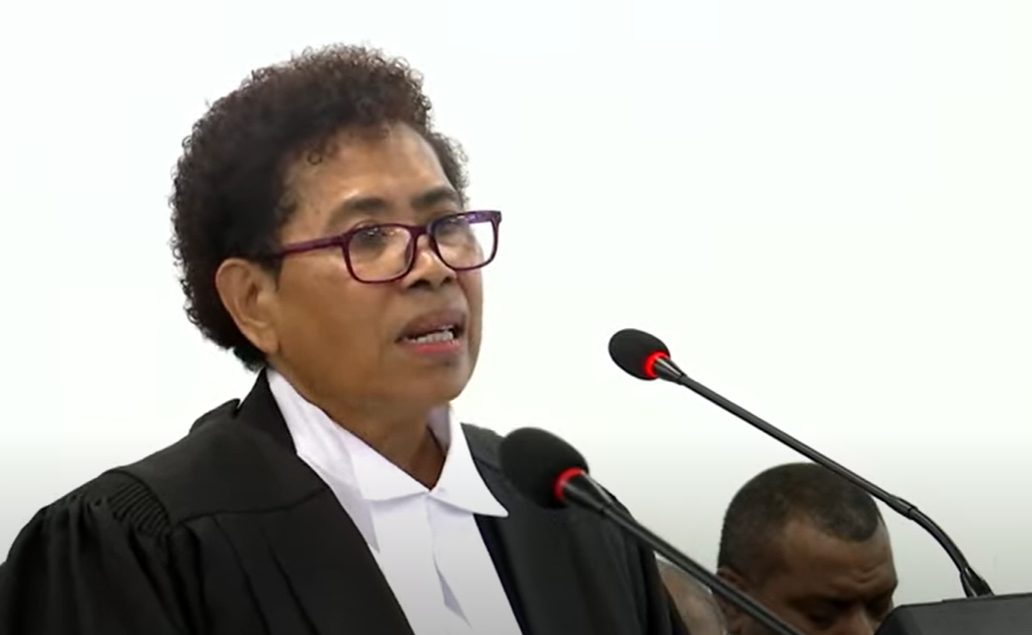The Fiji Human Rights and Anti-Discrimination Commission (FHRADC) has called on the Supreme Court to promote a balanced approach to constitutional amendments.
Lawyer and Commissioner Alefina Vuki said that both excessive rigidity and unchecked flexibility pose risks to democracy and human rights.
“Our position is that we need to balance rigidity and flexibility in constitutional amendments,” she said.
Ms Vuki argued that the 2013 Constitution, as it stands, may be too rigid, making necessary reforms difficult to achieve.
However, she cautioned against moving toward a system where the Constitution becomes too easy to change.
“A number of interveners have already expressed concerns if the Constitution becomes too easily amendable because both extremes can undermine democratic and human rights protections.”
The Commission’s position is that the amendment process must promote constitutional stability.
In addressing how entrenched provisions such as Sections 159 and 160 might be amended, Ms Vuki raised the potential application of the doctrine of necessity which has historically been used in Fiji during constitutional crises to justify actions outside the normal legal framework.
“The Supreme Court may consider whether the doctrine of necessity can justify amending entrenched sections through legislation that bypasses the usual threshold.”
However, she proposed a structured and expert-led approach if such a path were taken.
“The Court may consider advising the government to form a special advisory committee of constitutional experts to determine where a supermajority should continue to apply, especially to protect entrenched human rights provisions,” she said.
The hearing continues before the full bench of the Supreme Court.

